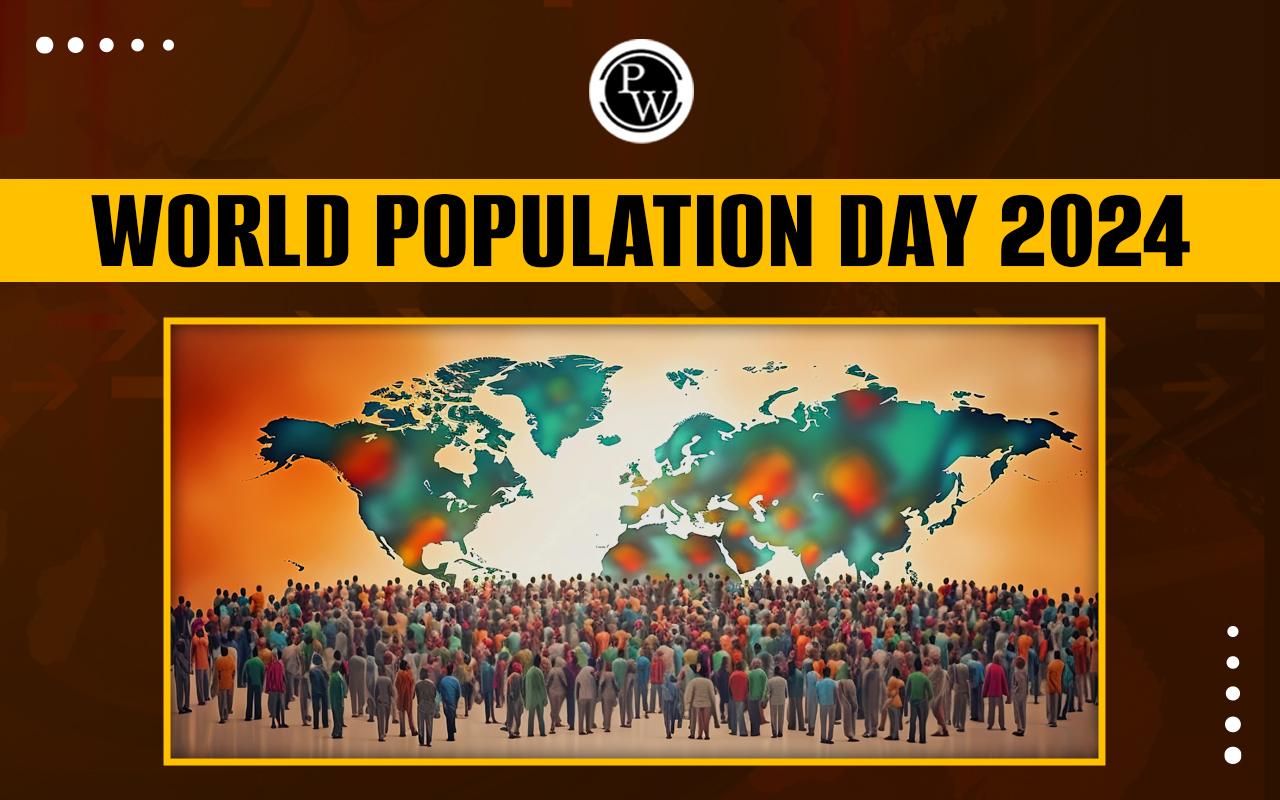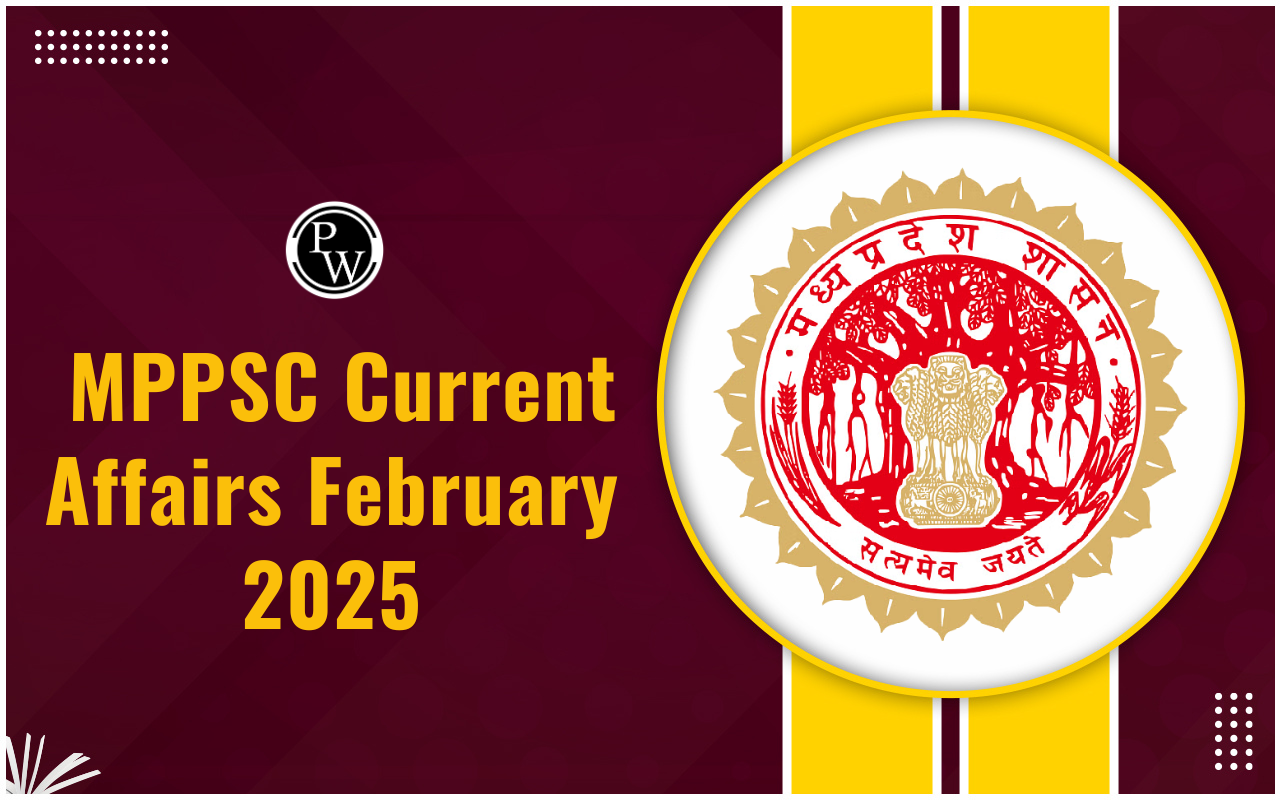
World Population Day is observed annually on July 11. This annual celebration highlights the issues of global population growth and emphasizes the need for creating a more sustainable and friendly world for future generations. The United Nations (UN) also noted that 2024 marks a significant milestone, as the world’s population officially reached 8 billion people. This article provides a comprehensive overview of World Population Day 2024 , its history, significance, and the critical issues it addresses. World Population Day is essential to reflect on the challenges and opportunities presented by our growing global population.
World Population Day 2024
World Population Day 2024, observed on July 11, is a crucial occasion dedicated to raising awareness about global population issues. Established by the United Nations in 1989, this day underscores the challenges posed by overpopulation, such as resource depletion, environmental impact, and social inequalities. It highlights the importance of family planning, gender equality, and maternal health, urging global leaders and communities to address these pressing concerns. As we mark this day, it's essential to reflect on the implications of a growing population and work towards sustainable solutions for the future.History of World Population Day
While you might be aware that there are over seven billion people on earth, have you ever pondered what that truly means? It all began with Five Billion Day in 1987, marking the date when the world’s population reached an estimated five billion people on July 11. This significant milestone inspired the establishment of World Population Day .Establishment of World Population Day
World Population Day was officially created in 1989 by the Governing Council of the United Nations Development Programme (UNDP). The heightened public interest in celebrating Five Billion Day led to the selection of July 11 as World Population Day , made official by the United Nations General Assembly with resolution 45/216 in December 1990.
Importance of World Population Day 2024
World Population Day 2024 highlights the ongoing challenges posed by a growing global population. Overpopulation is a pressing issue, especially with world resources being depleted at an unsustainable rate. This day emphasizes the importance of raising awareness about the impact of overpopulation on development, nature, and society. It also brings attention to health issues faced by women during pregnancy and childbirth, underlining the need for family planning, gender equality, and maternal health.
Global Population Challenges
As the world's population continues to grow at an unprecedented rate, we are faced with a multitude of global challenges that impact every aspect of life on Earth. Overpopulation strains our natural resources, exacerbates environmental degradation, and intensifies social and economic inequalities. From the increasing demand for food, water, and energy to the pressures on health care, education, and housing, the implications of a burgeoning population are profound and far-reaching. Addressing these challenges requires a concerted effort from governments, organizations, and individuals worldwide to promote sustainable development, equitable resource distribution, and the protection of human rights.Impact on Resources The increasing population exacerbates societal issues, including heinous crimes related to gender inequality and human rights violations, particularly in developing countries. As the population grows, problems such as human trafficking and child labor become more prevalent, stressing the need for improved leadership and citizen care.
Health and Gender Equality In 2024, the world population is growing at a rate of around 0.91% per year, an increase from 0.88% in 2023 but a decrease from 1.06% in 2019. The annual population increase is currently estimated at approximately 73 million people.
Population Growth Trends
Population growth trends have evolved significantly over the decades. The global population, which doubled from 3 billion in 1959 to 6 billion in 1999, is now increasing at a slower rate compared to the peak growth period of the late 1960s when the annual growth rate was around 2%. In 2024, the growth rate stands at approximately 0.91% per year, adding around 73 million people annually. Although the growth rate has nearly halved since its peak, the world population is still projected to reach 9 billion by 2037 and 10 billion by 2057. These trends indicate a shift towards slower, yet steady population growth, emphasizing the need for sustainable development and resource management to accommodate the increasing number of people. This article provides a comprehensive overview of World Population Day 2024 , its history, significance, and the critical issues it addresses. As we observe this important day, it is essential to reflect on the challenges and opportunities presented by our growing global population.World Population Day 2024 FAQs










